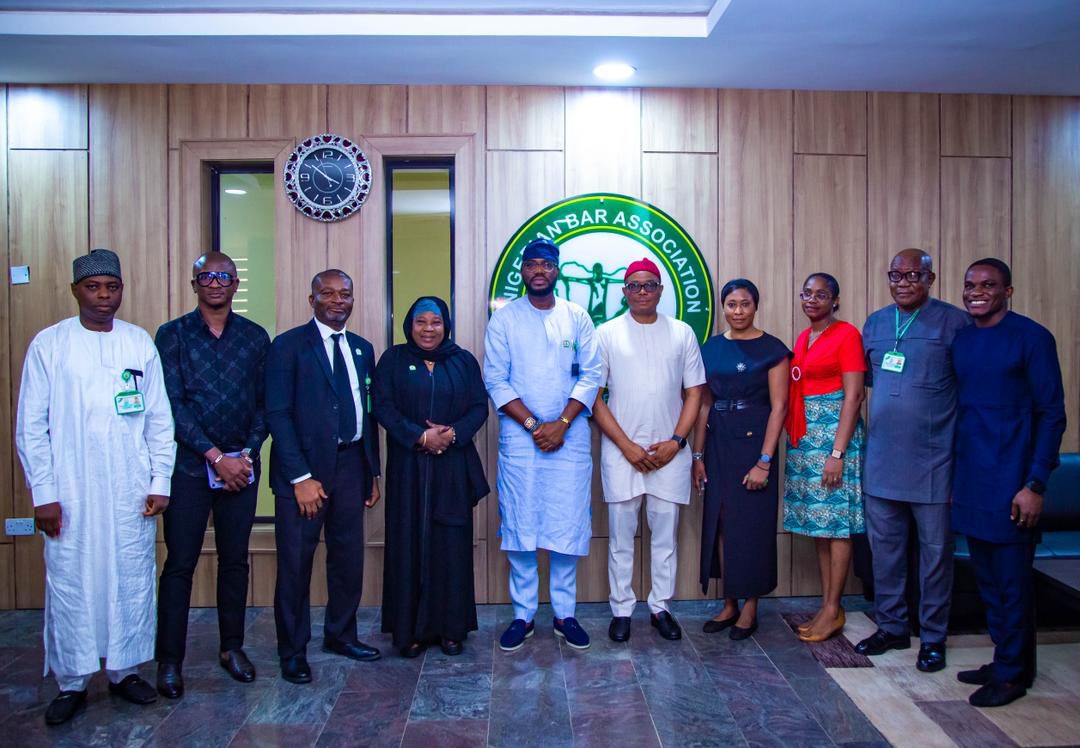Senior Pastor of Dunamis International Gospel Centre, Dr. Paul Enenche, has shed light on his decision to reject a N30 million donation from the Governor of Kebbi State, Nasir Idris, during a recent crusade held in the state.
Speaking during a Sunday service at the church’s headquarters in Abuja, Dr. Enenche explained that the move was not a personal affront to Governor Idris but rather a firm adherence to a long-standing principle of avoiding financial entanglements with government officials and political figures.
“For some people, that may be a surprise because they don’t know who we are. But those who know us, that’s no surprise at all. That’s how we’ve lived, and that’s what we’ve stood for,” Enenche said.
The cleric emphasized that his decision was in line with a policy he has maintained for over two decades keeping the ministry free from government funding in order to preserve its prophetic integrity and independence.
Citing several past examples, Dr. Enenche recalled turning down honorariums offered after national assignments, including a 2014 pilgrimage to Jerusalem with then-President Goodluck Jonathan. “By the time we returned, the board chairman brought an offering and said this is their honorarium to me for going. I said no,” he stated.
He also noted that even when former President Jonathan attended services at the church, there were no financial exchanges. “Government funds are not in this project, not one naira,” he said, referring to the construction of Dunamis’ expansive headquarters, the Glory Dome.
Further affirming his stance, Dr. Enenche recounted rejecting gifts from former Benue State Governor Samuel Ortom and a childhood friend who, upon becoming a federal minister, offered him a vehicle.
“I don’t want to touch any dime of government money,” he declared. “Accepting such funds could compromise my prophetic mandate. I must retain the freedom to speak truth to power without bias or influence.”
The statement has drawn wide attention, with many praising the pastor’s commitment to integrity and accountability in an era where financial links between churches and political offices are often questioned.



